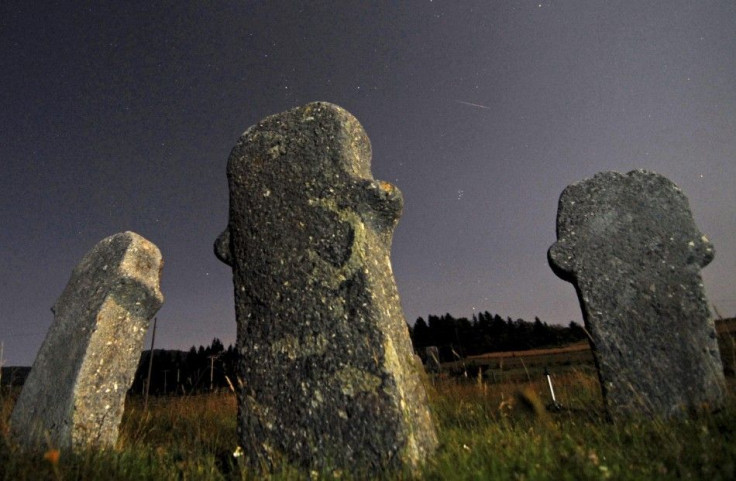Meteorite Hits Nicaraguan Capital Managua, Creates Crater Near Airport

A small meteorite his Managua on Saturday night, creating a 12-metre wide and 5-metre deep crater near the international airport of Nicaragua. There were no injuries caused by the meteorite, which probably broke off from an asteroid that passed close to Earth.
Nicaraguan spokeswoman Rosario Murillo said international experts have been called to probe the crater, which is also near an air force base. One expert, Wilfried Strauch, who advises the country's Institute of Earth Studies, opined a meteorite caused the crater, BBC reports. He said the hit happened at about 11 pm.
Humberto Saballos, an astronomer, said the meteorite could have come from 2014RC asteroid that passed over New Zealand about 40,000 kilometres away. The asteroid, estimated to be the size of a house, came closest to Earth on Sunday at 18:18 GMT.
Other experts who assessed the crater said it is unclear if the meteorite disintegrated upon impact or it blasted into the soil. But Jose Millan, Ineter scientist, said that all evidence they confirmed at the crater site matches with a meteorite hit such as it produces a cone in the place of impact.
A local resident, Jose Santamaria, told AP he thought it was a bomb because he felt an expansive wave. Other Nicaraguans thought it was an earthquake since the South American country has over 20 active volcanoes and regularly is hit by temblors.
The asteroid is expected to orbit near Earth again in the future.
YouTube/The Cosmos News






